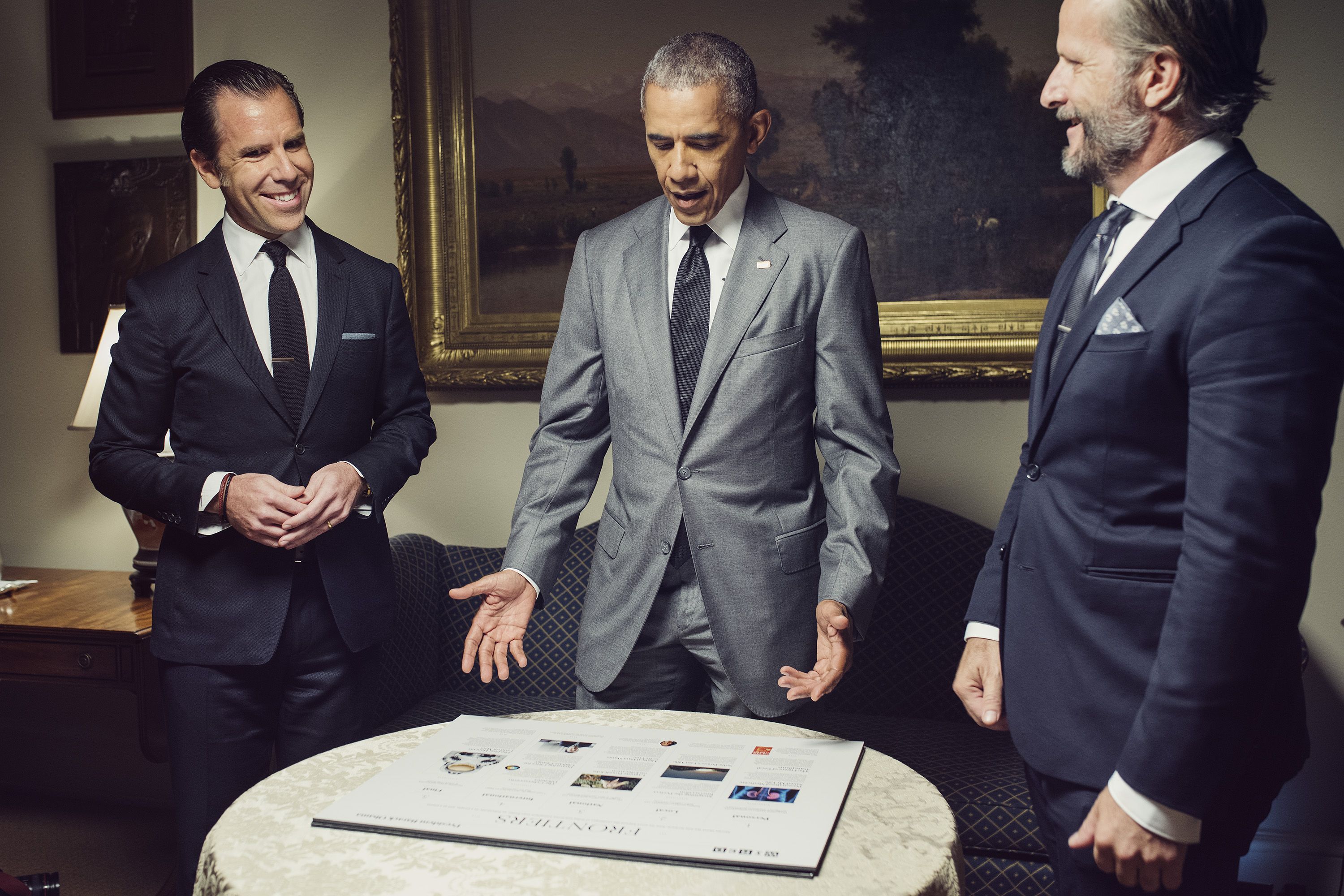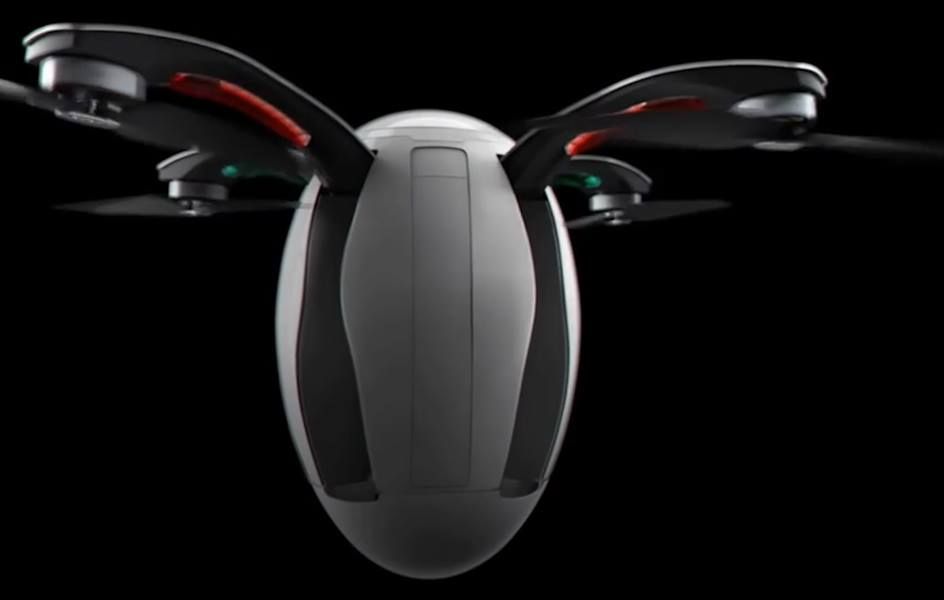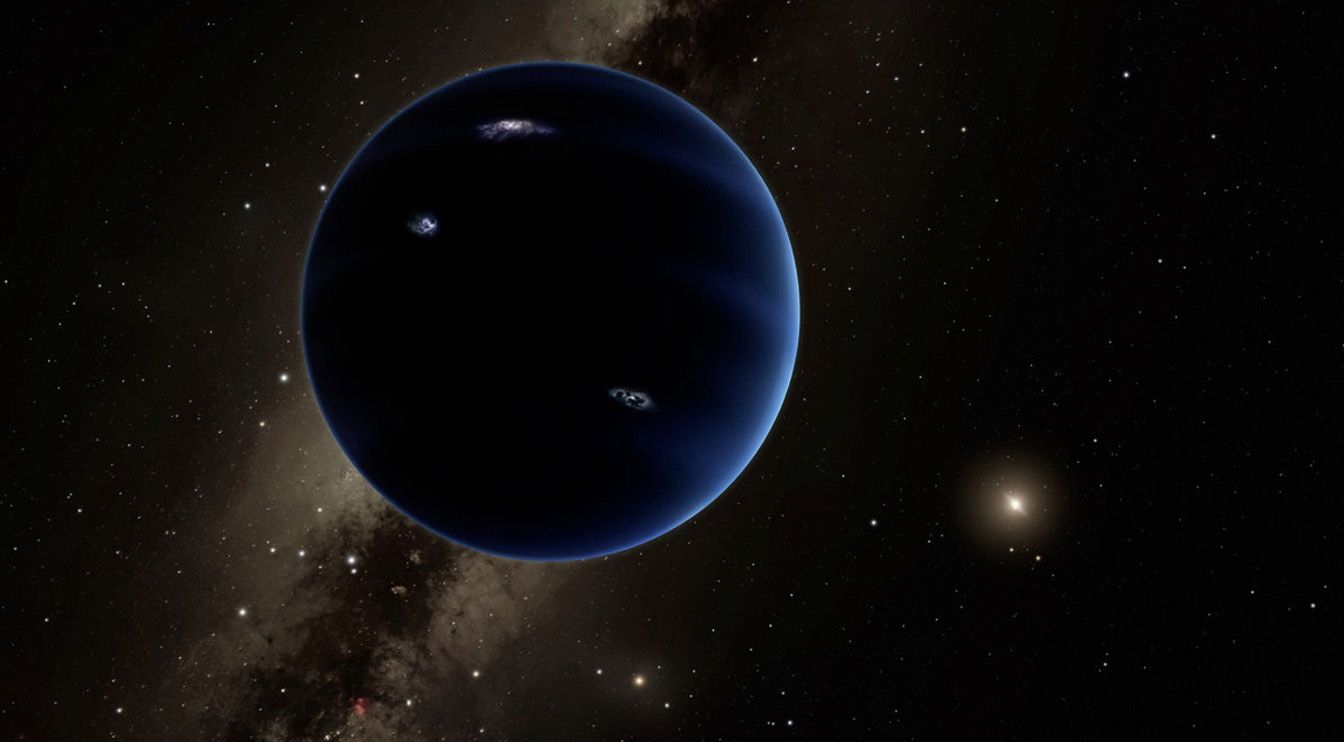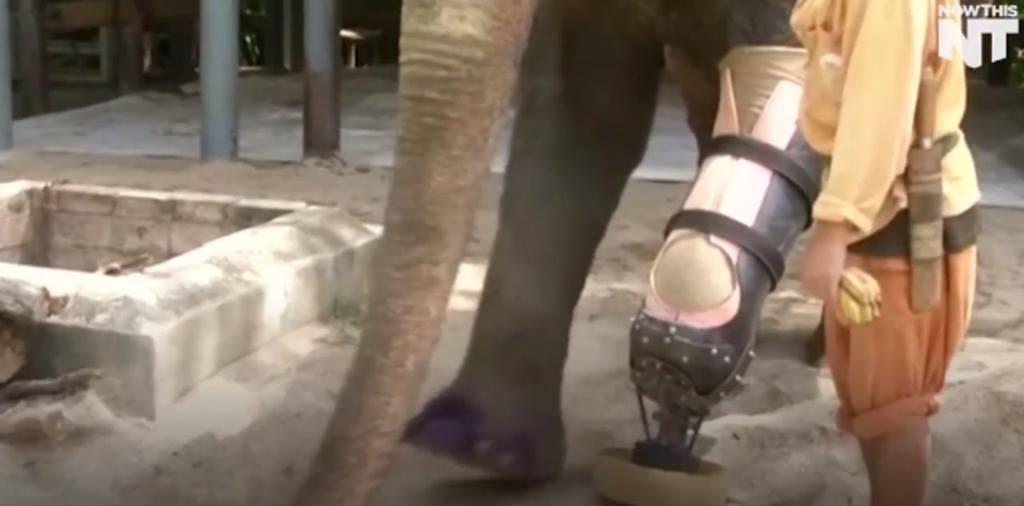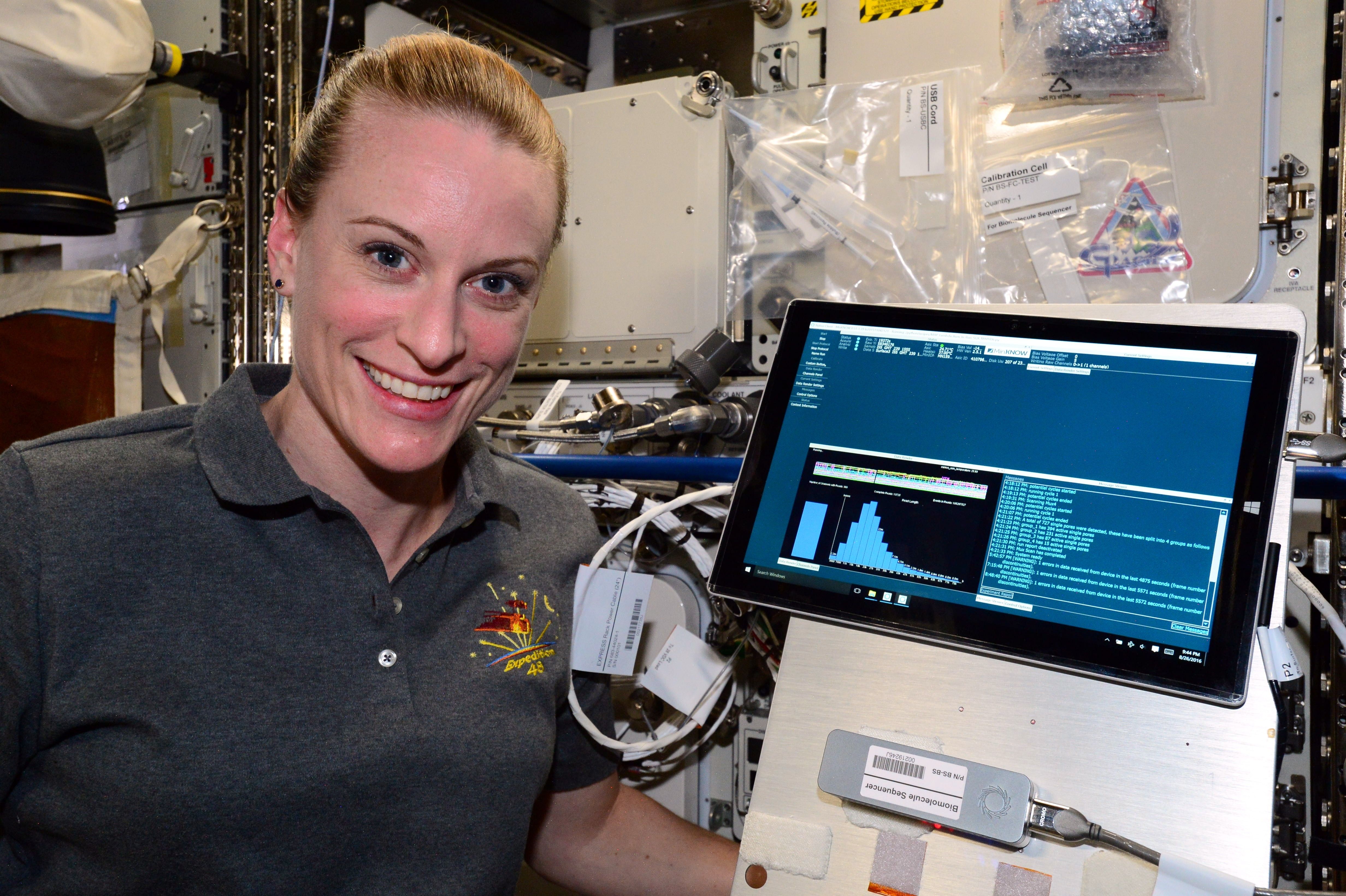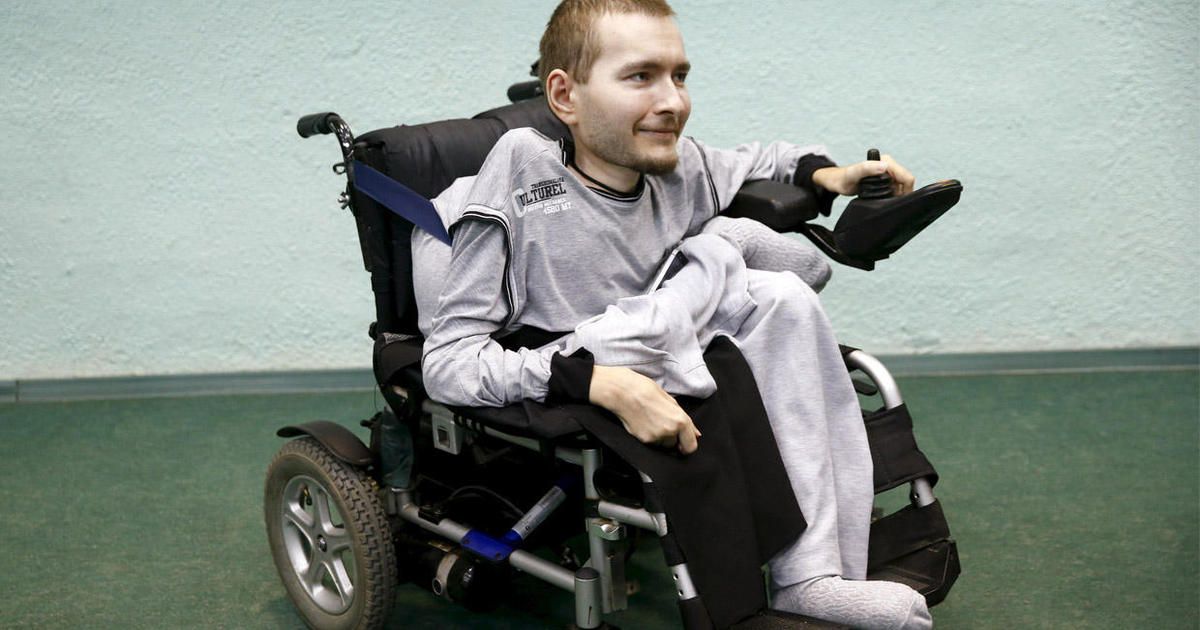Page 10910
Aug 30, 2016
Why Bitcoin is and isn’t like the Internet — By Joichi Ito | LinkedIn
Posted by Odette Bohr Dienel in categories: bitcoin, internet
“In the post that follows I’m trying to develop what I see to be strong analogues to another crucial period/turning point in the history of technology, but like all such comparisons, the differences are as illuminating as the similarities.”
Aug 30, 2016
President Barack Obama Will Guest-Edit Wired’s November Issue — By Robert Capps | Wired
Posted by Odette Bohr Dienel in category: futurism
“Wired has had some amazing guest editors over the years. J.J. Abrams on magic, mysteries, and puzzles; Bill Gates on solving the world’s biggest problems; Christopher Nolan on space, time, and multiple dimensions; and, most recently, Serena Williams on equality in the digital age. This November we will add President Barack Obama to our guest editor ranks—the first time WIRED (or any other magazine) has been guest-edited by a sitting president.”
Aug 30, 2016
New evidence strengthens the case for ‘Planet 9’ in the outer solar system
Posted by Andreas Matt in category: space
There could be a giant planet lurking in the frozen depths of the outer solar system, and more evidence suggests it’s out there.
Aug 30, 2016
Elephants With Prosthetic Legs
Posted by Albert Sanchez in categories: biotech/medical, cyborgs
Aug 30, 2016
Statement by Vice-President Ansip and Commissioner Oettinger welcoming guidelines on EU net neutrality rules by the Body of European Regulators for Electronic Communications (BEREC)
Posted by Roman Mednitzer in categories: business, economics, internet, law, transportation
European Commission Vice -President Andrus Ansip, responsible for the Digital Single Market, and Commissioner Günther H. Oettinger, in charge of the Digital Economy and Society, welcome today’s publication of guidelines on EU net neutrality rules by the Body of European Regulators for Electronic Communications (BEREC). The publication of these guidelines was foreseen in the Regulation on the first EU-wide net neutrality rules which was agreed by the European Parliament and Council last year (press release) and which has applied in all EU Member States since 30 April 2016. The Commission has worked closely with BEREC on the preparation of the guidelines.
Vice-President Ansip and Commissioner Oettinger said:
“Today’s guidelines provide detailed guidance for the consistent application of our net neutrality rules by national regulators across the EU. They do not alter the content of the rules in place which guarantee the freedom of the internet by protecting the right of every European to access internet content, applications and services without unjustified interference or discrimination. Our rules, and today’s guidelines, avoid fragmentation in the single market, create legal certainty for businesses and make it easier for them to work across border. They also ensure that the internet remains an engine for innovation and that advanced technologies and Internet of Things services like connected vehicles as well as 5G applications are developed today, and will flourish in the future. We are pleased with the intensive engagement with stakeholders in the preparation of the guidelines, which contributed to their quality.
Martin Kern, Interim Director at the European Institute of Innovation and Technology (EIT) highlights the importance of open innovation.
Aug 30, 2016
First DNA Sequencing in Space a Game Changer
Posted by Klaus Baldauf in categories: biotech/medical, space travel
For the first time ever, DNA was successfully sequenced in microgravity as part of the Biomolecule Sequencer experiment performed by NASA astronaut Kate Rubins this weekend aboard the International Space Station. The ability to sequence the DNA of living organisms in space opens a whole new world of scientific and medical possibilities. Scientists consider it a game changer.
DNA, or deoxyribonucleic acid, contains the instructions each cell in an organism on Earth needs to live. These instructions are represented by the letters A, G, C and T, which stand for the four chemical bases of DNA, adenine, guanine, cytosine, and thymine. Both the number and arrangement of these bases differ among organisms, so their order, or sequence, can be used to identify a specific organism.
The Biomolecule Sequencer investigation moved us closer to this ability to sequence DNA in space by demonstrating, for the first time, that DNA sequencing is possible in an orbiting spacecraft.
Continue reading “First DNA Sequencing in Space a Game Changer” »
Aug 30, 2016
Russian man volunteers for first human head transplant
Posted by Dan Kummer in category: biotech/medical
As two doctors plan for the procedure, many in the scientific community are raising flags, calling it “unethical.”

